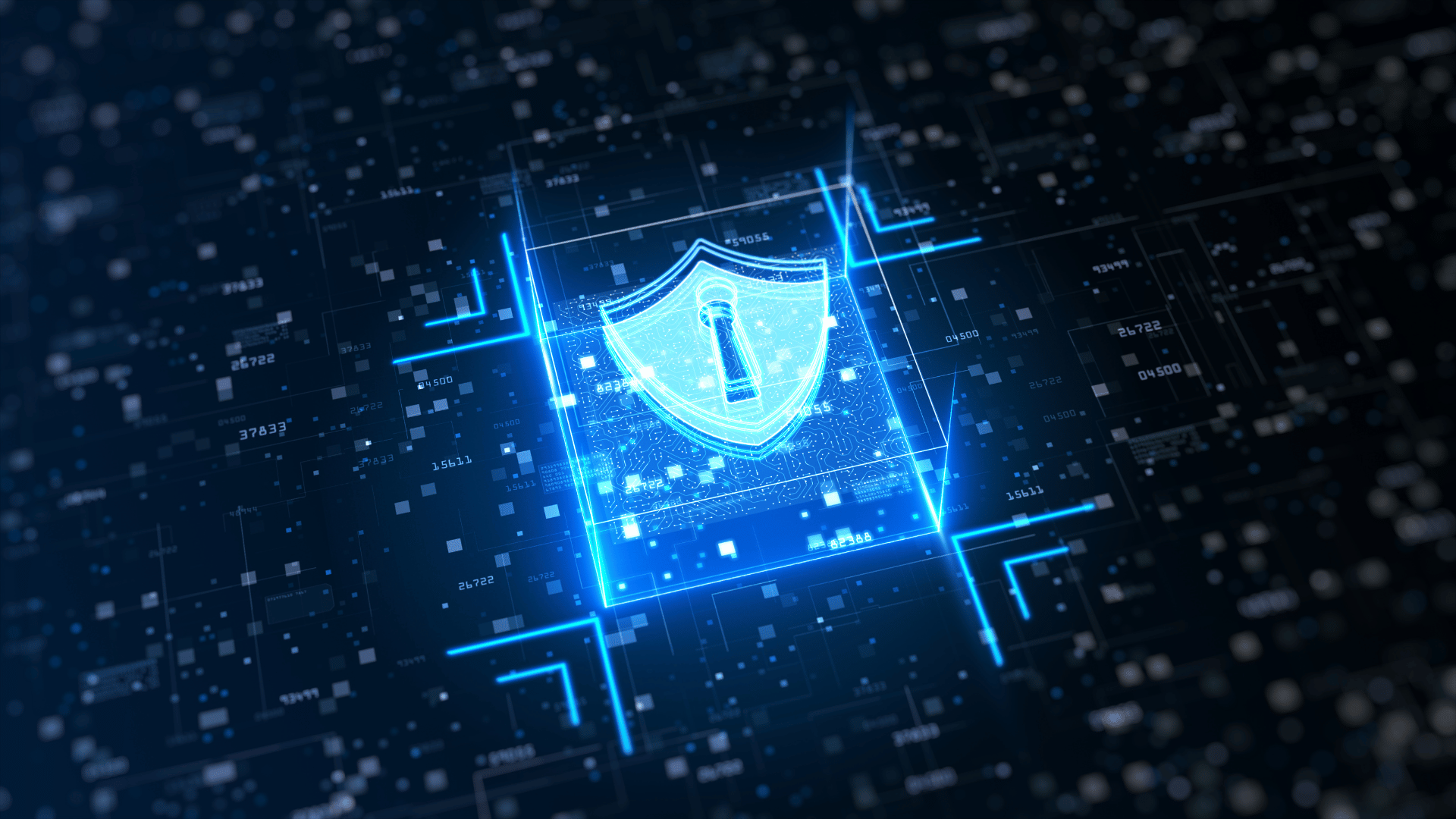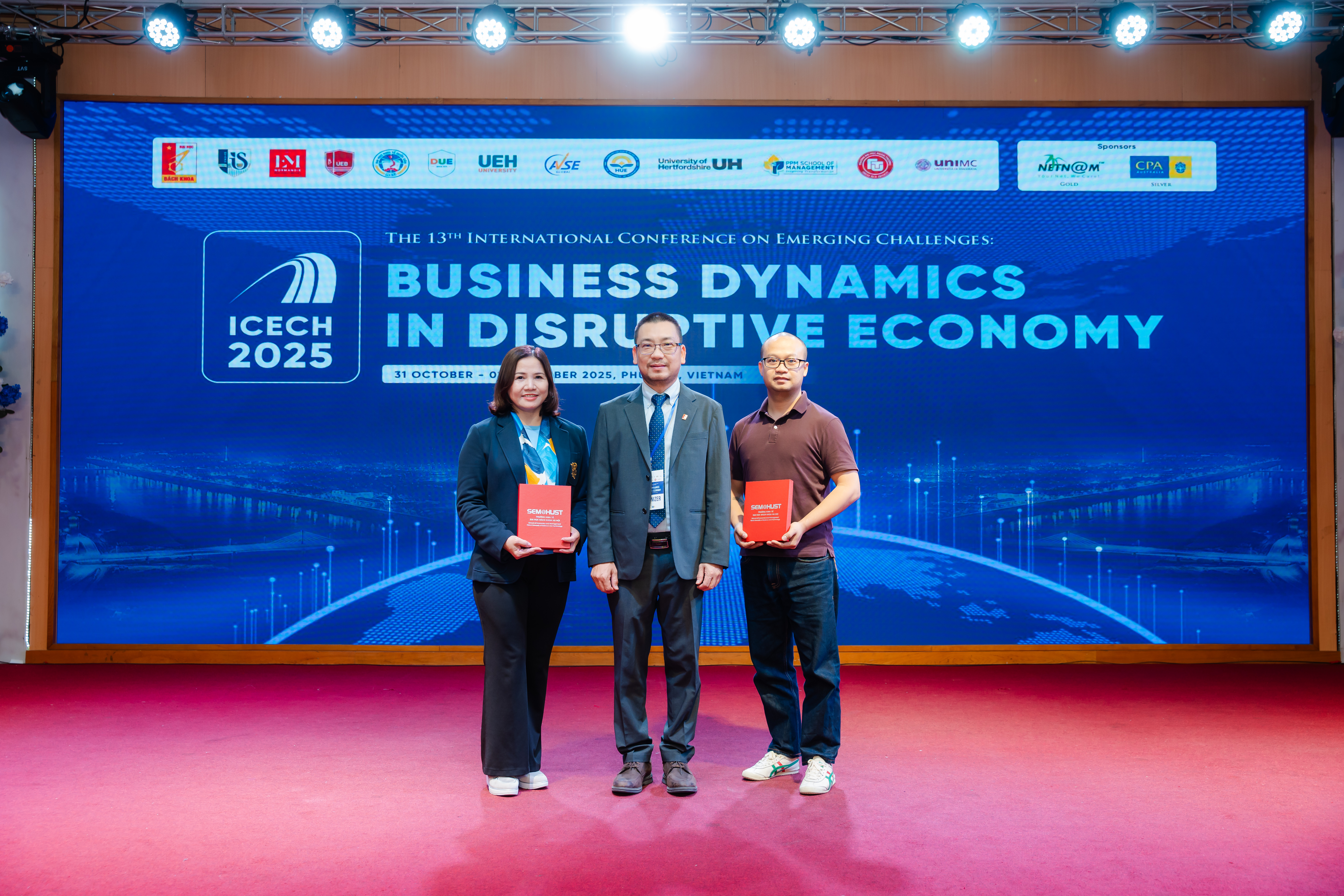Hotel Cybersecurity: A Foundation for Strengthening Brand Trust

Every premium hotel stay comes with an expectation of absolute safety. Therefore, hotel cybersecurity plays a core role in building customer trust. The 2018 Marriott International breach, compromising data of 500 million guests, proved how a single incident can erase years of service excellence. The breach shook brand reputation, undermined customer confidence, and intensified competition. In today’s digital era, hotels sustain trust only by showcasing comprehensive information security from booking systems to IoT devices, transforming data protection into both a competitive edge and a lasting brand promise.
Why are hotel cybersecurity risks increasing?
The Marriott case is a stark reminder that no brand is immune to cyberattacks. The risk originates from the core assets hotels hold, which are vast volumes of personal and financial data belonging to millions of guests. This high-value data makes hotel chains prime targets for cybercriminals. Once compromised, financial losses are only the tip of the iceberg. The deeper consequence lies in the erosion of customer trust that is difficult to restore in the short term.

The trend of digitalizing hospitality services and the risks to customer data security
Another vulnerability comes from complex technology infrastructure. Property Management Systems (PMS), key card access systems, POS payment terminals, public Wi-Fi networks, and in-room IoT devices all enhance guest experiences. However, when operated in silos without centralized oversight, they easily become exploitable weak links. The combination of sensitive data and fragmented infrastructure explains why hotel information security risks are escalating and makes a comprehensive defense strategy essential.
Building and elevating a comprehensive hotel cybersecurity architecture
Building cyber resilience starts with deploying foundational technologies that set industry standards. Organizations adopt Zero Trust models, implement SOC/SIEM systems for continuous monitoring, and enforce multi-factor authentication (MFA) to control access and protect sensitive data. They now integrate AI into monitoring layers, enabling faster and more accurate anomaly detection. These measures form the cornerstones that organizations must establish before advancing to higher-level solutions.
Yet, stopping at the basics is no longer enough. Organizations now face major risks from third-party partners in the technology supply chain, including global booking platforms, payment gateways, and IoT application providers. Many data breaches in the service industry have stemmed from these external vulnerabilities. To address them, organizations conduct periodic security assessments, follow international standards, and integrate vendors into their risk management processes.
At the same time, organizations must not overlook the human factor. Small actions such as clicking on a phishing email or setting a weak password can trigger large-scale attacks. To counter this, hotels conduct regular cybersecurity training, enabling employees to recognize threats, respond effectively, and serve as an active line of defense.

Training hotel staff on cybersecurity turns the human factor into an active defense layer against digital threats.
Complying with international hotel information security standards
In the luxury hospitality industry, meeting international information security standards such as ISO 27001, PCI-DSS, or GDPR has become a baseline requirement. However, mere compliance is not enough to create differentiation. When security practices are transparently implemented and certifications are publicly disclosed, they serve not only as technical proof but also as brand commitments to customer data safety.
International certifications also function as passports into global networks. International distribution platforms, financial institutions, and multinational corporations often only partner with certified entities. For domestic businesses, compliance with global standards opens doors to new markets, enhances positioning, and enables access to international customers.
Operating under international frameworks enables organizations to establish continuous risk management, minimize incident impacts, and strengthen resilience. When hotels align cybersecurity with sustainability criteria, they not only avoid legal and financial risks but also enhance reputation and build a foundation for long-term growth in the global environment.

Complying with international information security standards strengthens hotel reputation and enables global recognition.
High-quality hotel cybersecurity – the key to brand trust
From rising risks to comprehensive architecture requirements and international compliance, organizations share a common goal to reinforce trust and brand reputation. Security goes beyond protecting data; it represents a service commitment that reassures premium customers. By maintaining transparent policies, responding promptly, and obtaining international certifications, hotels not only avoid crises but also gain a competitive edge.
With over 30 years of experience, NetNam partners with hotels to design and operate end-to-end information security systems, helping safeguard data, maintain stability, and drive sustainable growth.
Contact NetNam
- Hotline: 1900 1586
- Email: support@netnam.vn
- Website: www.netnam.com
- Comprehensive Cybersecurity Monitoring Services: www.netguardx.netnam.com








